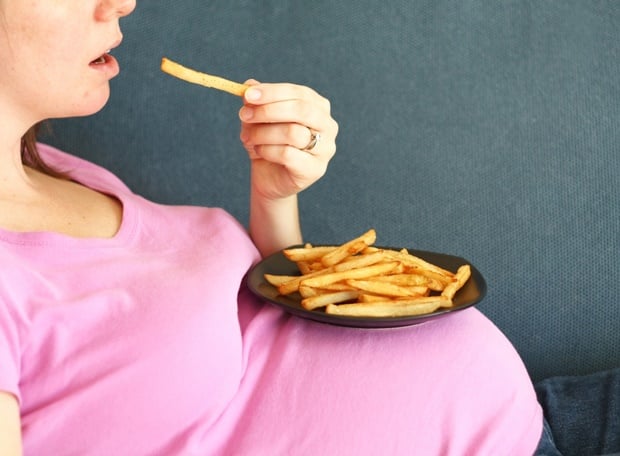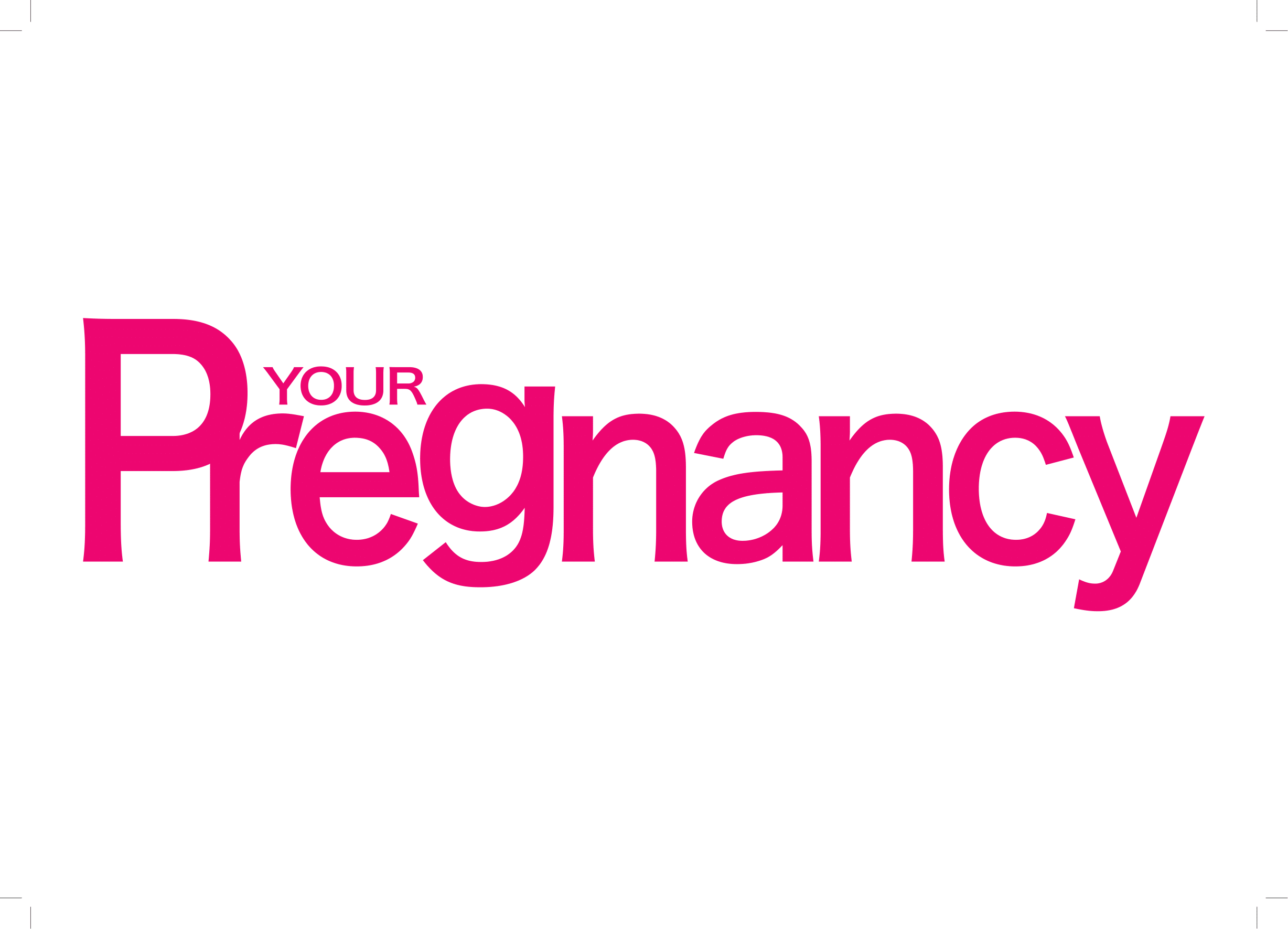
Stop!
Remove these items from your diet.
Alcohol
Although some doctors allow their patients to have a glass of wine now and then, there is some evidence that shows that even small amounts of alcohol can lead to problems such as affecting the baby's cognitive abilities. Therefore, it is best to be on the safe side and avoid alcohol altogether for the full nine months.
Moms and wine: a secret addiction
Soft cheese and pasteurised milk
This may contain the bacterium listeria, which can lead to the potentially dangerous condition called listeriosis and cause a miscarriage. You need to drink milk during pregnancy to increase your calcium intake, so just make sure it is pasteurised (most store bought brands are). Cheeses made from unpasteurised milk include brie, blue cheese and unpasteurised feta.
Liver
Liver is very high in vitamin A, which is known to be dangerous to foetuses in high doses.
Raw, undercooked or smoked meat, chicken, fish and shellfish
This includes cold meats (viennas, polony, ham, salami), biltong, undercooked steak, smoked trout and sushi. These may also contain listeria. All meat and fish should be cooked through. If you would like to eat deli meat or ham, make sure to heat it up.
Raw eggs
These can contain salmonella, which can be dangerous to the growing baby. Products that contain raw eggs such as chocolate mousse should also be avoided.
Alternative/herbal remedies
Many alternative remedies are not safe. Only take after checking with your doctor.
Read: Are you an emotional eater, mom?
Caution
Be cautious of these foods
Mercury-containing fish
Such as tuna or salmon. There is a concern that mercury may be dangerous during pregnancy as it can affect your baby's brain development. However, mercury is only a problem with larger fish (i.e. salmon, swordfish, tuna), which are high on the food chain and consume other mercury-containing seafood, and are slow growing so by the time we eat them, they have had a lot of time to accumulate mercury.
Fish that is high in mercury must be limited to once or twice per week; rather eat fish that has lower mercury content (i.e. yellowtail, trout, pilchards, sardines).
Artificial sweetener
There are conflicting reports on their safety. Some research suggests that certain sweeteners are safe in moderation, whereas others state that is best to avoid altogether.
In general, those artificial sweeteners that are deemed safe during pregnancy are:
- Stevia
- Sucralose
Use in moderation in pregnancy:
- Acesulfame-K
- Aspartame
- Sorbitol
- Mannitol
- Xylitol
Avoid in pregnancy:
- Saccharin
- Sodium cyclamate
Caffeine
Research shows that high caffeine intake during pregnancy is associated with various adverse birth outcomes, such as miscarriage. If you can cut out caffeine then be sure to do so. If you must have caffeine, keep to no more than two cups of coffee or three cups of tea per day.
Also read: What you eat influences your unborn baby's development
Safe
Add these healthy foods to your diet
Pilchards, sardines, anchovies
These are smaller fish and thus have much lower mercury levels. In addition, they are very high in omega 3 fatty acids, which is essential for baby's brain development.
Eggs
Eggs are high in folic acid and protein. Folic acid is very important during the first trimester and even prior to conception to prevent neural tube defects. Many pregnant women find pieces of protein unappealing and eggs are a good alternative.
Yoghurt
It is essential to take in sufficient calcium during pregnancy. Your body will leach calcium from your skeleton to fulfill your growing baby's calcium requirements. If you don't take in enough calcium, you will be at higher risk of having your own calcium stores affected.
Green leafy vegetables
are excellent sources of folic acid and iron.
Water and caffeine-free herbal teas
Your fluid needs increase during pregnancy. Water is always your best bet, but caffeine-free herbal teas (e.g. rooibos or peppermint) are also suitable. Drinking enough fluids can also help to prevent constipation.
Fibre rich foods
A bran cereal is a good option for breakfast to give you extra fibre and help constipation.
Protein
Protein is the building block of muscles, enzymes and other components within your body. Since you are growing a new person, you need to be getting plenty protein such a meat, fish, dairy, legumes (beans).




 Publications
Publications
 Partners
Partners














